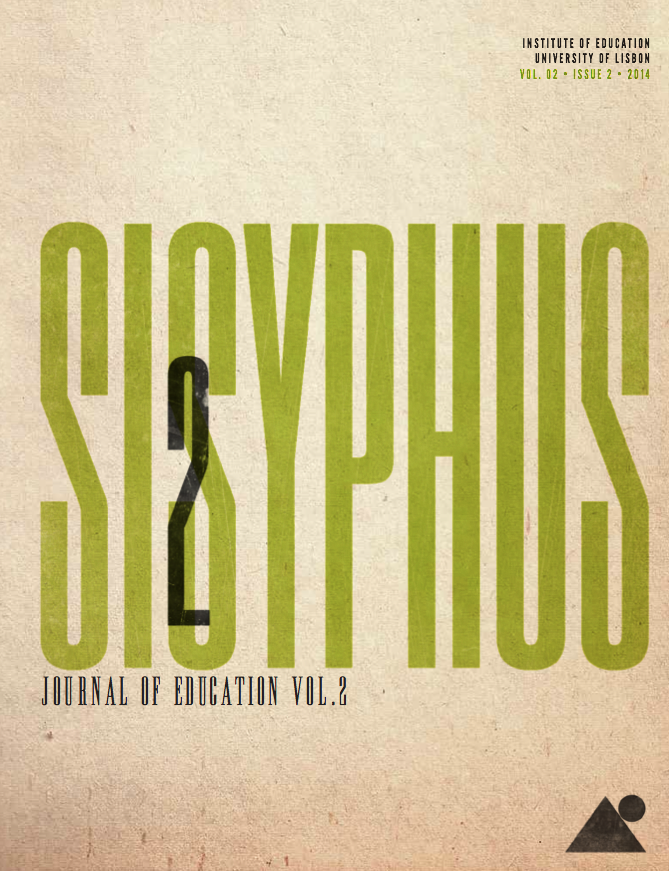Vol. 2 No. 2 (2014): Science Education in the 21st Century: Challenges and Concerns

Guest Editors
Rachel Mamlok-Naaman, Dvora Katchevich [Weizmann Institute of Science, Israel]
(...) The issue consists of six papers. In all the six studies there has been done an effort to find out what should be the best ways to motivate students to study science, and to gain inquiry skills. Some studies (e.g. Fraser, 1982) revealed a positive correlation and a causal relationship between achievement in science and attitude constructs, whereas others revealed no clear (or negative) relationship between attitudes towards learning science and achievement (Osborne & Dillon, 2008). International studies have shown that students’ attitudes towards scientific disciplines depend on the extent of their active participation in the learning process.
The main topics of the six studies of this issue are: (1) The link between formal and non-formal learning in science education, (2) students’ linguistic heterogeneity in science, (3) poster exhibition as an effective means of support for teachers to introduce contemporary chemistry topics to high school students, (4) argumentation in the chemistry laboratory, (5) chemistry, industry, and the environment in the eyes of the individual and society, and (6) the inclusion of students with special needs in science classes teaching them inquiry-based activities. All the papers deal with studies which have the similar objectives: How can we involve as many students as possible in science studies? How can we bridge the gap between formal and non-formal education? How can create a productive and encouraging learning environment?




